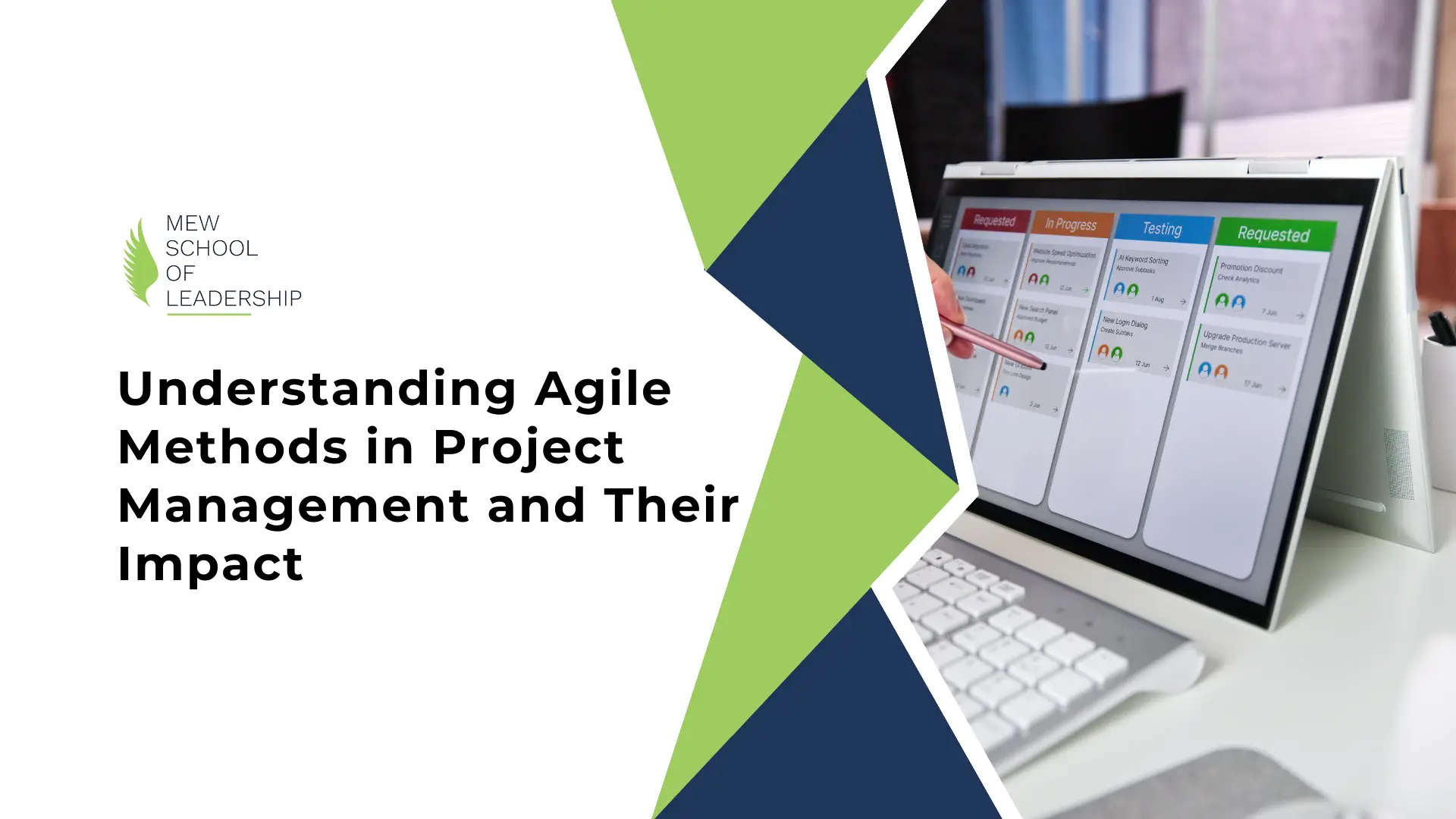
Agile Project Management has emerged as one of the most effective frameworks for managing complex projects in today’s fast-paced business world. Unlike traditional project management methodologies, Agile focuses on flexibility, collaboration, and continuous improvement, making it particularly useful in industries where customer needs and project requirements evolve quickly. For professionals looking to enhance their project management skills, a deep understanding of Agile methodologies is crucial for driving successful project outcomes. The Professional Certificate in Agile Methods in Project Management offered by MEW School of Leadership provides the essential training needed to implement these principles and foster more efficient, adaptable teams.
Agility in Action: Responding to Change
Traditional project management frameworks rely on rigid plans, which can make it difficult to adapt when project requirements change. Agile, on the other hand, embraces change. By breaking projects into smaller, manageable pieces called “sprints,” Agile allows teams to deliver iterative improvements while maintaining flexibility. This ensures that organizations can respond swiftly to client feedback, market trends, or unforeseen challenges without compromising project deadlines or quality.
Collaboration and Customer-Centricity
Agile methodologies prioritize collaboration, both within the project team and with the customer. Regular feedback loops between the development team and stakeholders ensure that the final product aligns with customer needs. According to a 2022 study by PMI, projects that utilize Agile methods are 28% more likely to be successful due to this customer-focused approach. This enhances customer satisfaction, minimizes misunderstandings, and ensures the final deliverable meets or exceeds expectations.
Scrum
One of the most widely used Agile frameworks, Scrum is particularly effective for managing large, complex projects. It emphasizes collaboration, accountability, and progress through small, iterative cycles known as “sprints.” In each sprint, teams focus on delivering specific features or tasks, allowing for continual progress and improvement.
Kanban
Kanban focuses on visualizing workflows and managing work in progress to avoid bottlenecks. This methodology is highly effective in environments where task prioritization changes frequently, enabling teams to maintain steady output without being overwhelmed by too many simultaneous tasks.
Lean Agile
Lean Agile principles aim to eliminate waste, optimize processes, and deliver maximum value to the customer. By focusing on streamlining operations, Lean Agile ensures that project teams can achieve more with fewer resources, delivering high-quality results in less time.
Increased Efficiency and Productivity
Agile methodologies enable teams to work more efficiently by focusing on high-priority tasks and regularly re-assessing project goals. By breaking down projects into smaller tasks and working in short cycles, teams can deliver more consistent progress, identify potential roadblocks early, and quickly pivot to new priorities. This leads to a marked increase in productivity and ensures that teams can consistently meet deadlines.
Cost-Effectiveness
Projects often fail due to misallocation of resources or poor time management. Agile methods reduce these risks by enabling better resource planning and cost management. Organizations can allocate time and budget more effectively by focusing on delivering small, usable portions of the final product rather than a large-scale deliverable at the end of the project.
The Professional Certificate in Agile Methods in Project Management from MEW School of Leadership equips professionals with the knowledge and skills needed to implement Agile practices in their organizations. Whether you’re a project manager, team leader, or executive, this course provides you with the tools to lead Agile transformations and drive success in complex projects.
Course Highlights
Comprehensive Overview of Agile Frameworks
Learn the ins and outs of Agile methodologies like Scrum, Kanban, and Lean Agile. This in-depth exploration of each framework ensures that you can choose and apply the right methodology for your specific project or organization.
Hands-On Learning
Through real-world case studies and practical exercises, participants will learn how to implement Agile methodologies in their day-to-day project management roles. This hands-on approach ensures that you can immediately apply your learning to drive tangible results within your organization.
Professional Growth
As Agile methodologies continue to gain popularity across industries, professionals with Agile expertise are in high demand. This certificate not only enhances your credentials but also opens up new career opportunities in project management, product development, and operations.
Agile project management methods have become an essential tool for businesses aiming to stay competitive in a rapidly changing marketplace. By embracing flexibility, fostering collaboration, and driving continuous improvement, Agile ensures that organizations can meet customer demands, deliver higher-quality products, and improve team efficiency. For professionals seeking to advance their project management careers, mastering Agile methodologies is key.
The Professional Certificate in Agile Methods in Project Management offered by MEW School of Leadership provides the comprehensive training needed to adopt these practices and make a significant impact within your organization. Start your journey to becoming an Agile leader and explore new career opportunities by enrolling in our program today.
For more details and enrollment information, visit www.mewschool.com.
Stay up to date with the latest news, announcements, and articles.